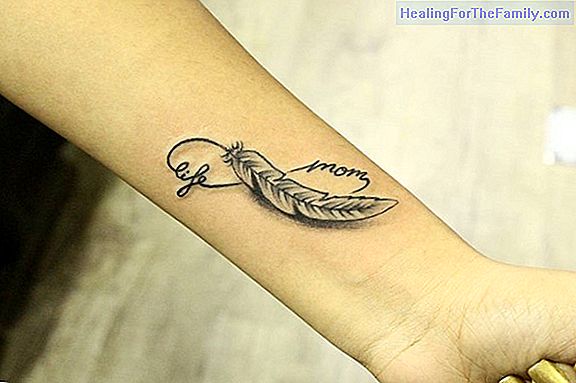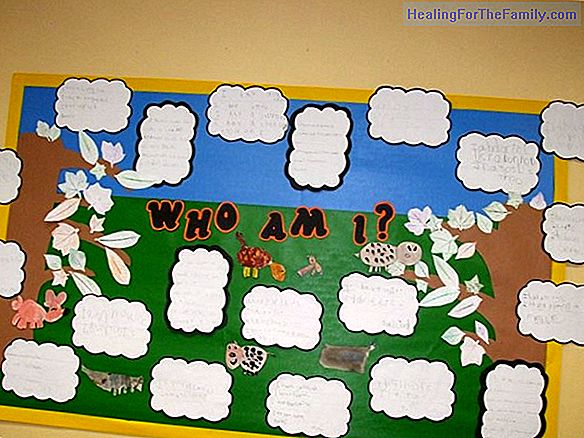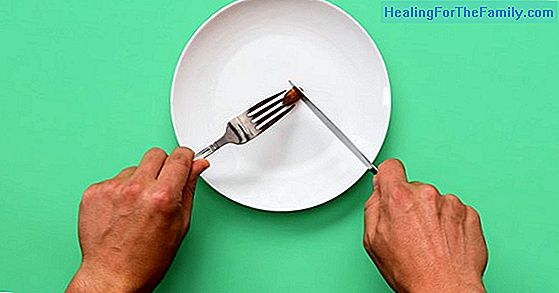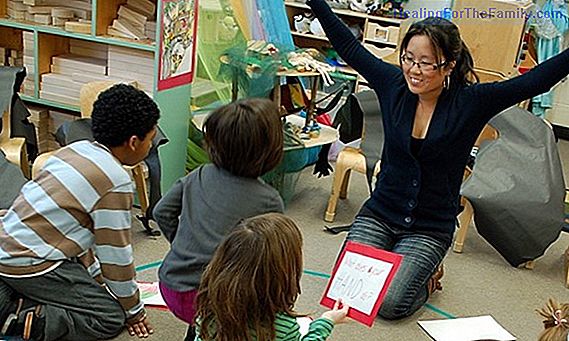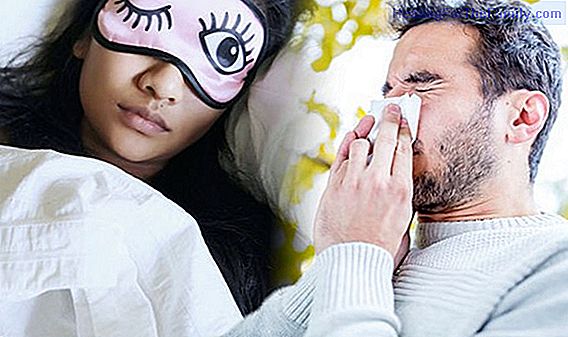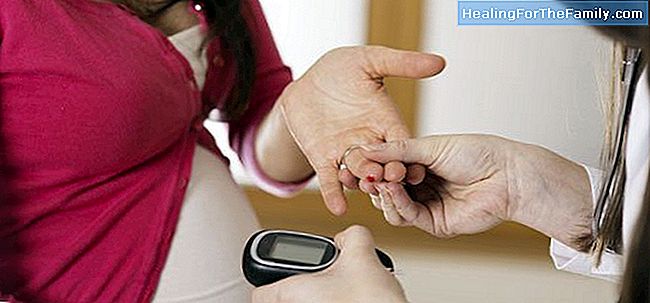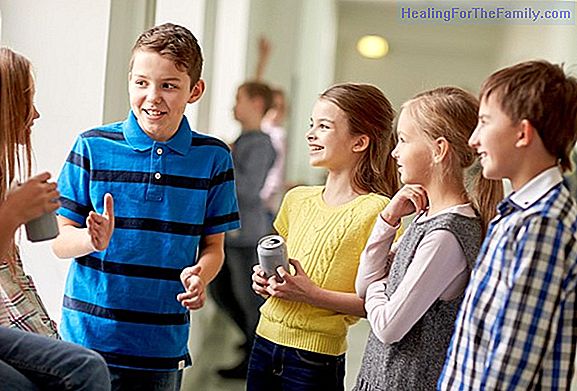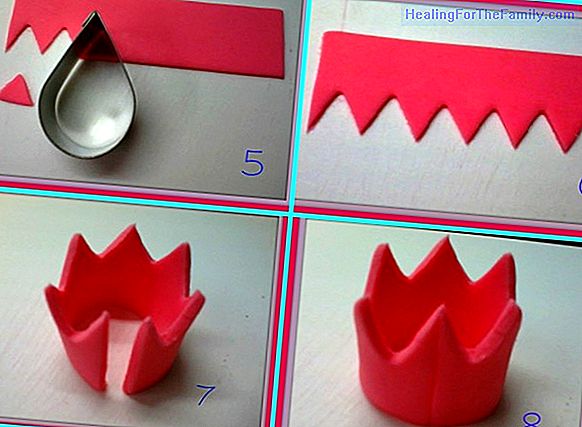Tips to calm a panic attack in children
A panic attack is an episode of extreme and irrational fear in which the person who suffers it has altered their cognitive, emotional and physiological abilities, so much so that it can even come to fear for his own life. Panic attacks in childhood, although not frequent, can appear in isolation and
A panic attack is an episode of extreme and irrational fear in which the person who suffers it has altered their cognitive, emotional and physiological abilities, so much so that it can even come to fear for his own life.
Panic attacks in childhood, although not frequent, can appear in isolation and without a cause that triggers it or emerge after an anxious situation such as separation from mom (separation anxiety), going to school (school phobia) or have to face some social situation (social phobia) or before a certain animal that produces terror (dogs, spiders, snakes or other bugs). The common thing, however, is that panic attacks start in adolescence.
How is a panic attack in children
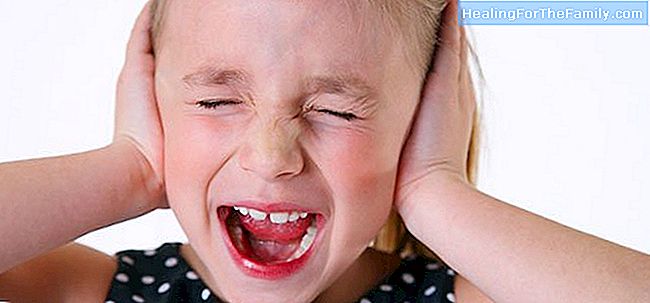
During the panic attack, which usually lasts a few minutes, children experience a series of very intense physiological changes such as: increased heart rate, sweating, tremors, respiratory distress, nausea, dizziness, chills or numbness of the hands and feet. These physical sensations are accompanied by an irrational feeling of fear of dying causing great discomfort in the child and a logical anguish in the parents.
How to help a child with a panic attack
As I said at the beginning, it can happen that a child lives a single isolated episode or that the panic attacks are repeated. Whatever the parents, we must act with caution, the main objective being to calm the child at the time of the crisis. The help will focus on helping you breathe deeply by looking into your eyes and offering you all possible safety. The child will probably seem to not listen to us or attend to us, but it is very important that we maintain calmness, the containment hugs can be of great help. In case the episodes are repeated on more than one occasion we should seek specialized help immediately to prevent them from significantly affecting the lives of our children. The treatment should be carried out by a child mental health professional, be it a psychologist or psychiatrist, who will determine the procedure in each case.



